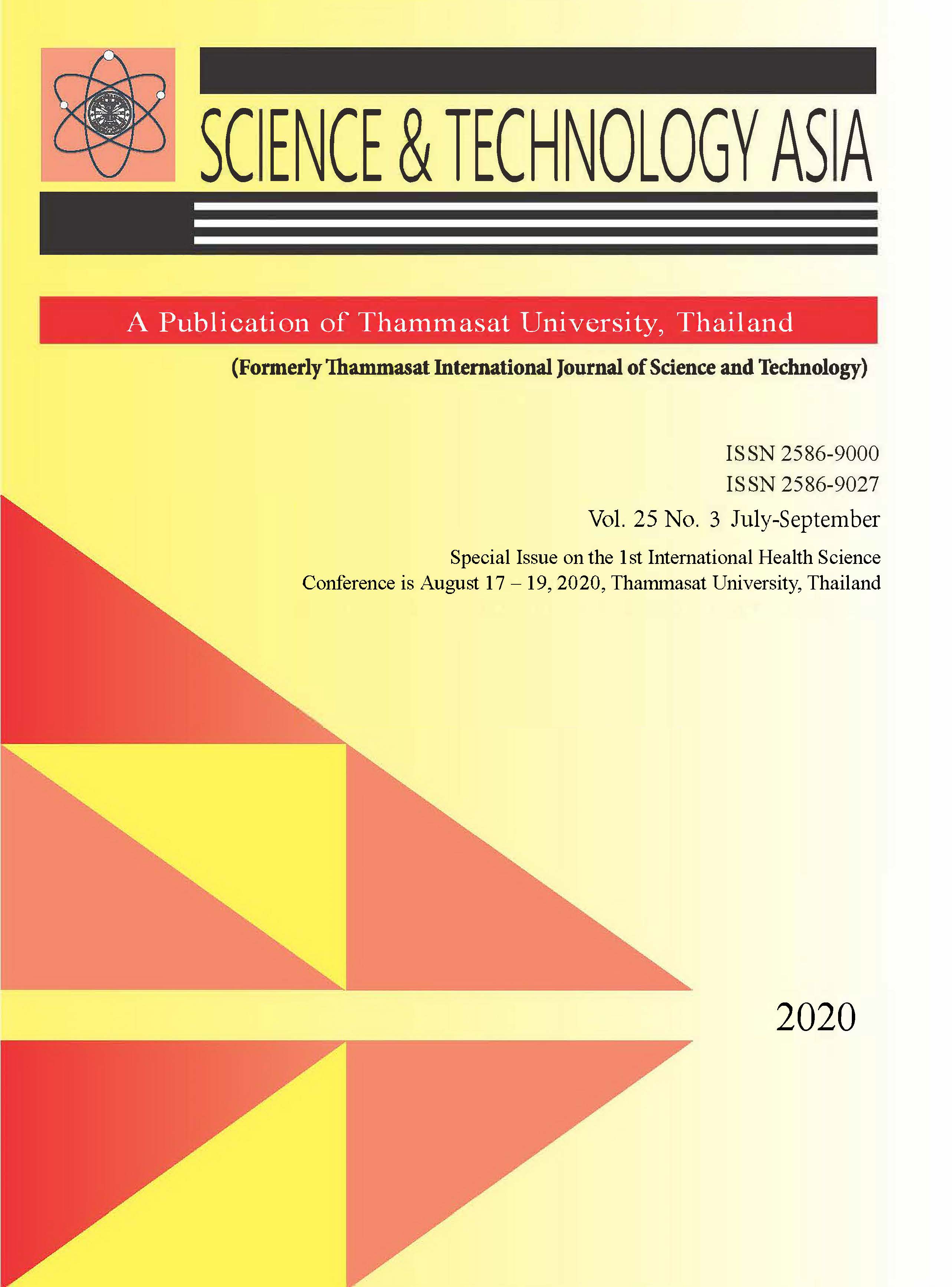The Effects of a Peaceful End- of-Life-Care Program on Peaceful Death as Perceived by End-Stage Cancer Patients Receiving Chemotherapy
Main Article Content
Abstract
The purpose of this study was to examine the effects of a peaceful end-of-life care program on peaceful death as perceived by end-stage cancer patients receiving chemotherapy. There were 59 cancer patients who completed the study, 30 in the control group and 29 in the intervention group. The control group received usual care. The intervention group received the 4-week peaceful end-of-life care program which was developed based on the Theory of the Peaceful End of Life. The program activities included: 1) establishing relationships, 2) assessing symptoms and symptom management, 3) communication for reducing anxiety, 4) encouraging the patients to make their advance care planning and advising them to select a place for death, and 5) helping them to achieve their last wishes. The patients’ loved ones were invited to be involved throughout the program. Peaceful death was measured at baseline, at the program completion, and at a one month follow up. Descriptive statistics and repeated measures ANOVA were used to analyze data. The results showed that at the program completion and at one month follow up, the mean scores of peaceful death as perceived by cancer patients in the intervention group were significantly higher than the control group (p<.001). In the intervention group, at the program completion and at one month follow up, the mean scores of peaceful death were higher than that at baseline (p<.001). However, the mean scores of peaceful death at the program completion and at one month follow up were not different (p>.05). The findings of this study show promise for the peaceful end of-life care program in reducing suffering and promoting peaceful death as perceived by end-stage cancer patients receiving chemotherapy. Health care providers working in this area could implement the program to enhance end-of-life care among end-stage cancer patients.


